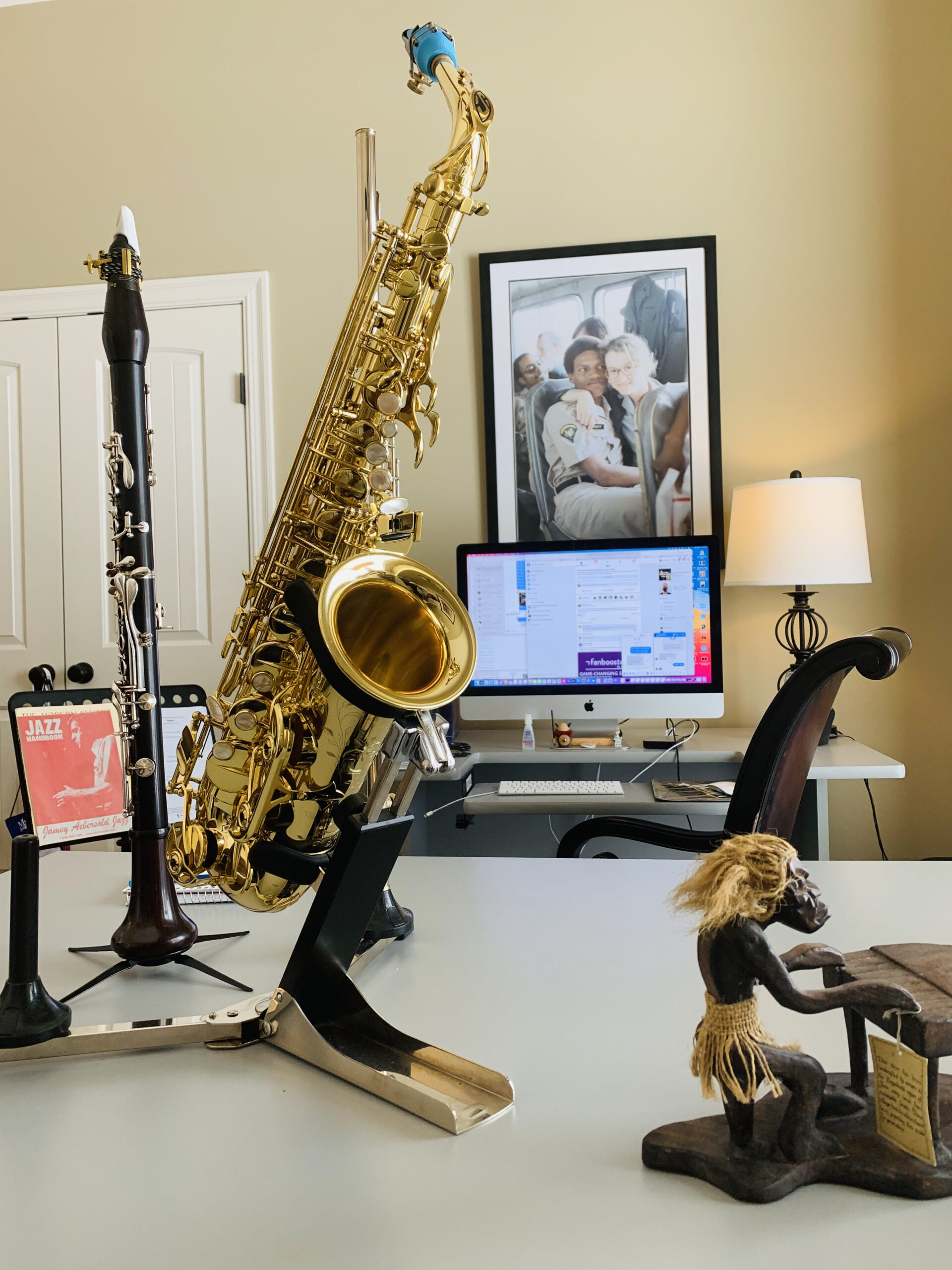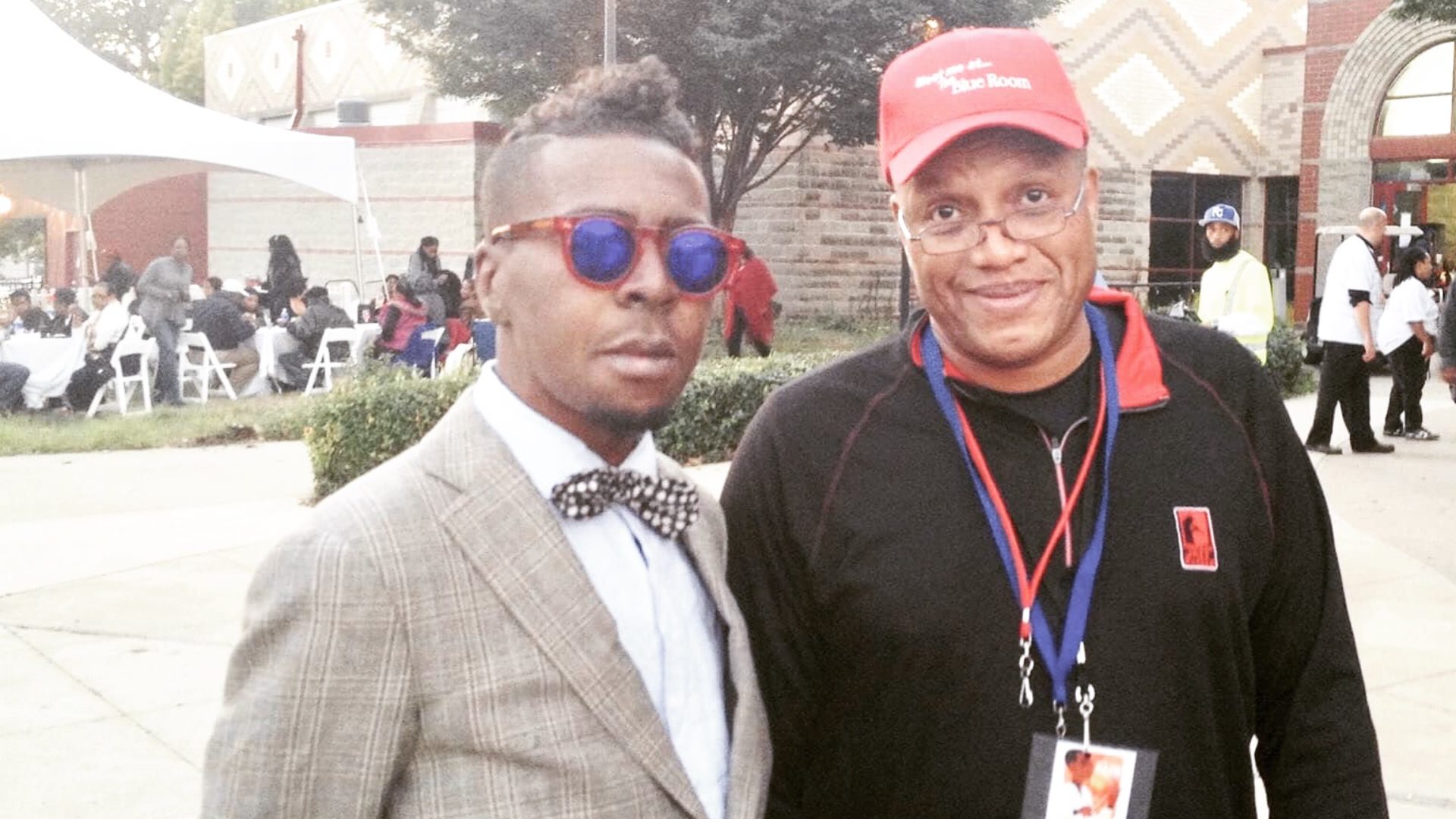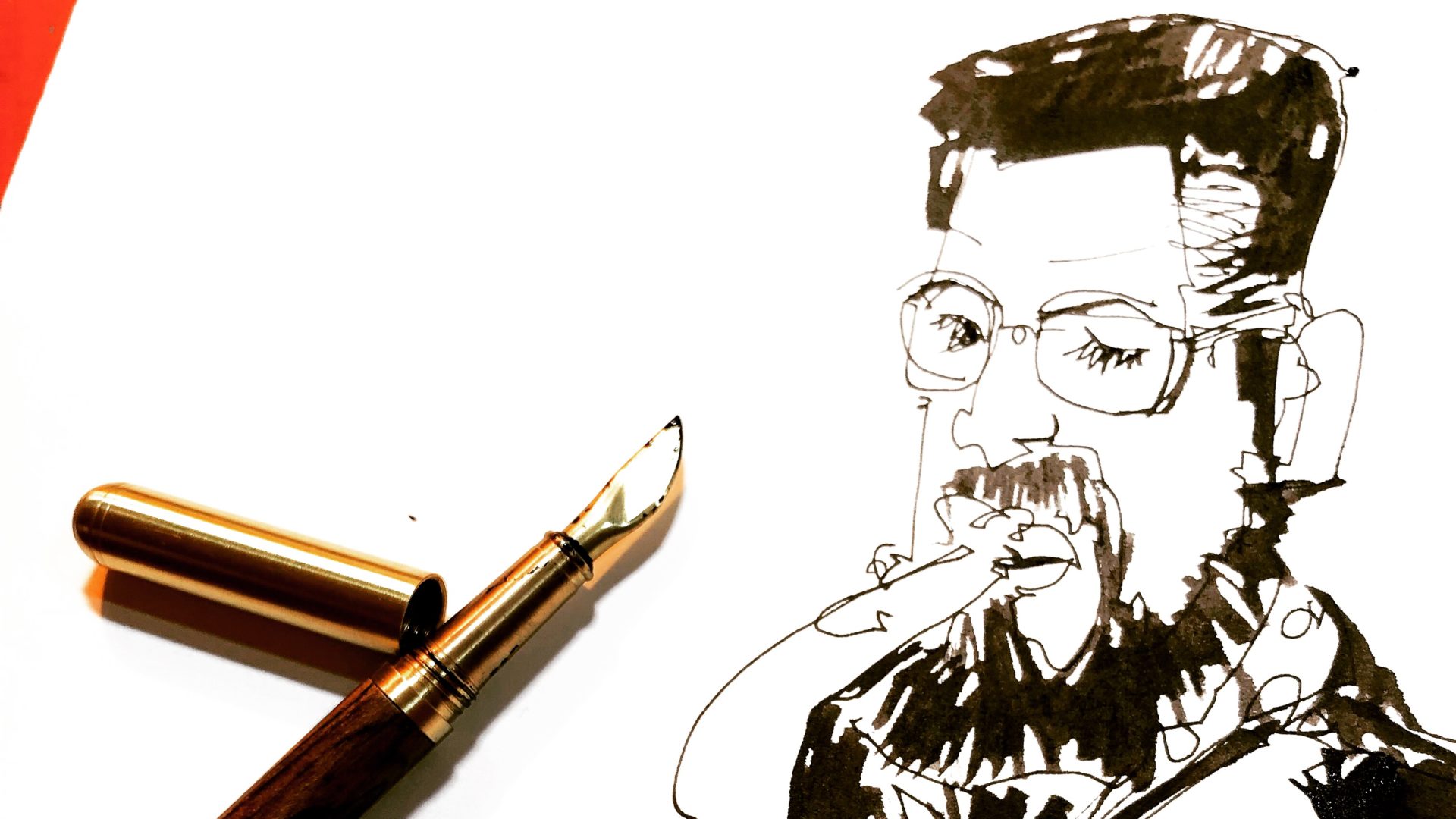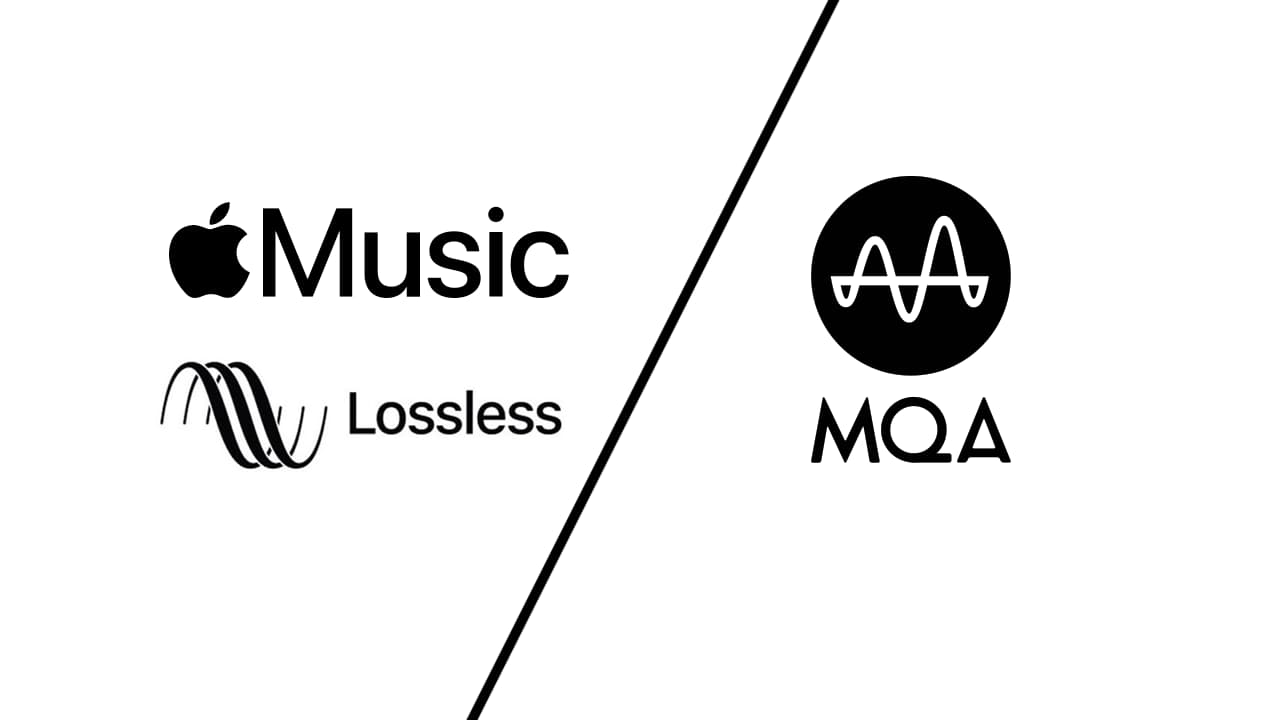Mr. Burnett’s listening primer for alto saxophone, clarinet and flute.
alto saxophone
Charles “Charlie” Parker Jr.
Charles “Charlie” Parker Jr., nicknamed “Bird” and “Yardbird”, was an American jazz saxophonist and composer. Parker was a highly influential soloist and leading figure in the development of bebop, a form of jazz characterized by fast tempos, virtuosic technique, and advanced harmonies. Parker was a blazingly fast virtuoso and introduced revolutionary harmonic ideas into jazz, including rapid passing chords, new variants of altered chords, and chord substitutions. Primarily a player of the alto saxophone, Parker’s tone ranged from clean and penetrating to sweet and somber.
Claude Delangle
Soloist, researcher and pedagogue, Claude Delangle, one of the greatest contemporary saxophonists, stands out as the master of the French saxophone. Privileged interpreter for classic works, he enriches the repertoire and encourages creation by collaborating with the most renowned composers, including L. Berio, P. Boulez, Toru Takemitsu, A. Piazzolla, and promoting the youngest. Since 1986, he is invited saxophonist in the Ensemble Intercontemporain, he also appears as soloist with the most prestigious orchestras (London BBC, Radio France, Radio of Finland, WDR Köln, Berlin Philharmonic, Kioi Tokyo) and works with D. Robertson, P. Eötvös, K. Nagano, E.P. Salonen, Miung Wung Chung, G. Bernstein and many other conductors.
Julian “Cannonball” Adderley
One of the great alto saxophonists, Julian “Cannonball” Adderley had an exuberant and happy sound that communicated immediately to listeners. His intelligent presentation of his music (often explaining what he and his musicians were going to play) helped make him one of the most popular of all jazzmen. Adderley already had an established career as a high school band director in Florida when, during a 1955 visit to New York, he was persuaded to sit in with Oscar Pettiford’s group at the Cafe Bohemia. His playing created such a sensation that he was soon signed to Savoy and persuaded to play jazz full-time in New York. With his younger brother, cornetist Nat, Cannonball formed a quintet that struggled until its breakup in 1957. Adderley then joined Miles Davis, forming part of his super sextet with John Coltrane and participating on such classic recordings as Milestones and Kind of Blue. Adderley’s second attempt to form a quintet with his brother was much more successful for, in 1959, with pianist Bobby Timmons, he had a hit recording of “This Here.” From then on, Cannonball always was able to work steadily with his band. During its Riverside years (1959-1963), the Adderley Quintet primarily played soulful renditions of hard bop and Cannonball really excelled in the straight-ahead settings. During 1962-1963, Yusef Lateef made the group a sextet and pianist Joe Zawinul was an important new member. The collapse of Riverside resulted in Adderley signing with Capitol and his recordings became gradually more commercial. Charles Lloyd was in Lateef’s place for a year (with less success) and then with his departure the group went back to being a quintet. Zawinul’s 1966 composition “Mercy, Mercy, Mercy” was a huge hit for the group, Adderley started doubling on soprano, and the quintet’s later recordings emphasized long melody statements, funky rhythms, and electronics. However, during his last year, Cannonball Adderley was revisiting the past a bit and on Phenix he recorded new versions of many of his earlier numbers.
Nobuya Sugawa
Nobuya Sugawa is an internationally acclaimed saxophonist whom Japan is very much proud of. He studied saxophone at Tokyo University of Arts (formerly named Tokyo National University of Fine Arts and Music) with the late Yuichi Omuro. He has won the highest prizes in the Wind Instrument Category in the 51st Music Competition of Japan and for the Saxophone category in the 1st Japan Wind and Percussion Competition. He has received the Idemitsu Music Award and the Muramatsu Award. He was featured in JT’s Musician Series, and his appearance in its TV commercials brought him overwhelming popularity. His other activities include the performance of the theme music for ‘Sakura,’ a popular daily TV drama series broadcasted on NHK from April to September 2002: and other numerous appearances on TV and radio programs. He plays about 100 concerts every year. Additionally, he has taken himself to more than 20 countries to hold recitals and teach master classes. He has made more than 30 CD albums on different Japanese and overseas labels. These albums introduce us not only his new repertoires, but also his works with masterly musicians in various genres, like Ron Carter and Martin Taylor. There are many pieces written for him and many of them have been published. Along with his albums, they have revealed new musical horizons for the classical saxophone, having a considerable influence across the world. He has performed with almost all orchestras of Japan including NHK Symphony Orchestra, Tokyo. Outside the country, he has performed with BBC Philharmonic, Württembergische Philharmonie Reutlingen, Slovak Philharmonic Orchestra, Eastman Wind Ensemble, and Orchestra d’Harmonie de la Garde Républicaine.
Bobby Watson
A saxophonist, composer, arranger and educator, Bobby Watson grew up in Kansas City, Kansas. He trained formally at the University of Miami, a school with a distinguished and well-respected jazz program. After graduating, he proceeded to earn his “doctorate” – on the bandstand – as musical director of Art Blakey’s Jazz Messengers. The group, created in 1955 by late legendary drummer who died in 1990, showcased a rotating cast of players, many who, like Watson, would go on to have substantial careers as bandleaders in their own right. The Jazz Messengers – frequently referred to as the “University of Blakey” – served as the ultimate “postgraduate school” for ambitious young players. After completing a four-year-plus Jazz Messengers tenure (1977-1981) that incorporated more than a dozen recordings – the most of any of the great Jazz Messengers, the gifted Watson became a much-sought after musician, working along the way with a potpourri of notable artists – peers, elder statesmen and colleagues all — including, but not limited to: drummers Max Roach and Louis Hayes, fellow saxophonists George Coleman and a younger Branford Marsalis, celebrated multi-instrumentalist Sam Rivers and trumpeter Wynton Marsalis (who joined the Jazz Messengers at least in part at the suggestion of Watson). In addition to working with a variety of instrumentalists, Watson served in a supporting role for a number of distinguished and stylistically varied vocalists including: Joe Williams, Dianne Reeves, Lou Rawls, Betty Carter and Carmen Lundy. Later, in association with bassist Curtis Lundy and drummer Victor Lewis, Watson launched the first edition of Horizon, an acoustic quintet modeled in many ways after the Jazz Messengers but one with its own distinct slightly more modern twist. Among the groups’ other talented members were pianist Ed Simon, trumpeter TereIl Stafford and bassist Essiet Okon Essiet. Clearly, by all critical accounts, Horizon, which still performs together on special occasions, is now considered as one of the preeminent small groups of the mid-1980s to mid-1990s and even into the 2000s. The group recorded several highly acclaimed titles for the Blue Note and Columbia record labels including Post-Motown Bop (Blue Note) and Midwest Shuffle, Live! (Columbia); the latter is a compendium that captured the group in concert at a number of locations in 1993.
Jean-Pierre Baraglioli
Jean-Pierre Baraglioli was born on 3 august 1957 in Paris. He obtained the Paris Conservatory First Prizes in saxophone and in chamber music. He is solo saxophone player of the Paris Garde Républicaine wind orchestra andColonne Concert Orchestra. He performs as soloist in many countries ( Japan , China,,USA, Canada, russia, Argentina, Australia , Thailande, Taiwan,latvia , hungary, Spanish, Italia, ….) He is the intigator of the Misterioso editions and the cd label Daphénéo and many recordings with Marcel Azzola, Juan José Mosalini, Gustavo Beytelmann, Thierry Escaich, Sylvain Kassap, Eric Fischer, Chamber Orchestra of Riga, Caroline Meng, Hélène breschand… He is the soprano player of the « quatuor de saxophones international » and the « quatuor de saxophone 1846» . His curious nature leads him to organize meetings, recording, cds, first performance with musicians and composers bailing from differents backgrounds. He is a musician in constant motion, who contributes a lot to the renewing of the saxophone repertoire .
Logan Richardson
Saxophonist Logan Richardson‘s third album is a cohesive collection of structurally solid tracks that revel in internal freedom. Pianist Jason Moran shines a harmonic spotlight into the recesses of “Creeper”; guitarist Pat Metheny writhes like a live wire on “Untitled,” delivering a master class in tonal potential; and Richardson’s warm alto sax probes and propels throughout an outstanding communal effort consisting of eight originals, two brief “interludes,” and a slow, ominous cover of Bruno Mars’ “Locked Out of Heaven.” Bassist Harish Raghavan and drummer Nasheet Waits lend subtle elasticity throughout.
Eugene Rousseau
Eugene Rousseau studied at the Paris conservatory on a Fulbright grant with Marcel Mule in 1962. Following his studies at the Paris Conservatory, he earned a doctoral degree at the University of Iowa where his principal teacher was Himie Voxman. With Paul Brodie, another pupil of Marcel Mule, he was the co-organizer of the first World Saxophone Congress in Chicago in 1969. During 2005 Rousseau served as President of the Organizing Committee for the World Saxophone Congress XIII, held in Minneapolis, Minnesota. The North American Saxophone Alliance honored him with its highest award, an Honorary Life Membership. He has been a consultant for saxophone research to the Yamaha Corporation since 1972. The “Eugene Rousseau saxophone mouthpiece” has been commercially available since the late 1970s. In 1985, he recorded a video program for Yamaha Corporation called Steps to Excellence. Rousseau has served as President of both the North American Saxophone Alliance (1979–1980) and the Comité International du Saxophone (1982–1985). In 1993, Eugene Rousseau was designated an honorary faculty member of the Prague Conservatory. In 2003, Rousseau hosted the 13th World Saxophone Congress at the University of Minnesota School of Music.
clarinet
Anthony McGill
Clarinetist Anthony McGill is one of classical music’s most recognizable and brilliantly multifaceted figures. He serves as the principal clarinet of the New York Philharmonic — that orchestra’s first African-American principal player — and maintains a dynamic international solo and chamber music career. Hailed for his “trademark brilliance, penetrating sound and rich character” (The New York Times), as well as for his “exquisite combination of technical refinement and expressive radiance” (The Baltimore Sun), McGill also serves as an ardent advocate for helping music education reach underserved communities and for addressing issues of diversity, equity, and inclusion in classical music. He was honored to take part in the inauguration of President Barack Obama, premiering a piece written for the occasion by John Williams and performing alongside violinist Itzhak Perlman, cellist Yo-Yo Ma, and pianist Gabriela Montero.
Michael Collins
Michael Collins’ dazzling virtuosity and sensitive musicianship have earned him recognition as one of today’s most distinguished artists and a leading exponent of his instrument. At 16 he won the woodwind prize in the first BBC Young Musician of the Year Competition, going on to make his US debut at New York’s Carnegie Hall at the age of 22. He has since performed as soloist with many of the world’s most significant orchestras and formed strong links with leading conductors. Collins also has the distinction of being the most frequently invited wind soloist to the BBC Proms, including several appearances at the renowned Last Night of the Proms. In recent seasons Collins has become increasingly highly regarded as a conductor and in September 2010 took the position of Principal Conductor of the City of London Sinfonia. His success in this role is testament to the natural musicianship and galvanising leadership that is evident in both his playing and conducting. In recent seasons, his conducting highlights have included engagements with the Philharmonia, Academy of St Martin in the Fields, London Mozart Players, BBC Scottish Symphony Orchestra, Ulster Orchestra, Kymi Sinfonietta, Auckland Philharmonia and Tasmanian Symphony Orchestra.
Eddie Daniels
Eddie Daniels is that rarest of rare musicians who is not only equally at home in both jazz and classical music, but excels at both with breathtaking virtuosity. Expert testimony from the jazz world comes from the eminent jazz critic Leonard Feather, who said of Eddie, “It is a rare event in jazz where one man can all but reinvent an instrument bringing it to a new stage of revolution.” From the classical side, Leonard Bernstein said “Eddie Daniels combines elegance and virtuosity in a way that makes me remember Arthur Rubenstein. He is a thoroughly well-bred demon.” Eddie first came to the attention of the jazz audience as a tenor saxophonist with the Thad Jones-Mel Lewis Orchestra. When Thad and Mel first organized their band in 1966 to play Monday nights at the Village Vanguard in New York (where it still plays), Eddie was one of the first musicians they called. Later that year, he sank $400 in a round-trip flight to Vienna to enter the International Competition for Modern Jazz, a contest organized by the pianist Fredrich Gulda and sponsored by the city of Vienna, and won first prize on saxophone. He continued working with Thad and Mel over the next several years and toured Europe extensively with them.
flute

Hubert Laws
Hubert Laws is one of the very few to specialize on the flute in jazz, using it as his primary axe, and in doing so he has become the premier musician on the instrument. In three decades of playing, he has also mastered pop, rhythm-and-blues, and classical genres. Laws grew up in a musical family, with his grandfather playing the harmonica and his mother the piano (which influenced his siblings as well as Laws — his brother Ronnie is a well-regarded saxophonist and Eloise, Debra, and Johnnie are vocalists). Laws started on flute for his high school orchestra, initially to play the William TellOverture. He also became enamored with jazz at this time, and began playing regularly with a Houston group that eventually became known as the Crusaders. Laws won a classical scholarship to the prestigious Juilliard School in New York City, studying with master flutist Julius Baker. At the same time, he was gigging at night, playing with jazz and Latin musicians such as Mongo Santamaria, Lloyd Price, and John Lewis, as well as with classical orchestras such as Orchestra USA and the Tanglewood Festival Orchestra.
For a variety of Classical Flute Player recommendations and more, visit: TerriBurnettFlute.com
PLAYLISTS POWERED BY APPLE MUSIC AND SPOTIFY
Christopher Burnett Mix is an Editorial Playlist by Spotify
ABOUT EDITORIAL PLAYLISTS FROM SPOTIFY: “We mark all our editorial playlists with just a Spotify logo in the byline. They’re curated by our playlist editors. Our editors are genre, lifestyle, and culture specialists with diverse backgrounds. Many playlists have several editors in different locations to find music from all around the world.” (more information)




